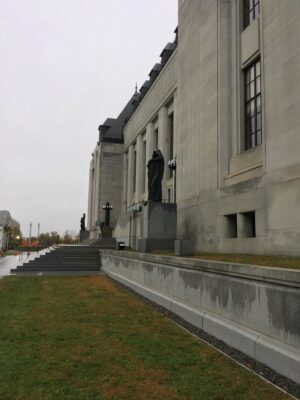
Econolodge v Lombard: Custody as a Question of Fact
When you park your car at a hotel or restaurant, or leave it with a valet, you might not think twice about leaving the keys behind. But can a business that holds the keys to your car be considered to exercise "care and control" over it? 3091‑5177 Québec Inc (Éconolodge Aéroport) v Lombard General Insurance […]









